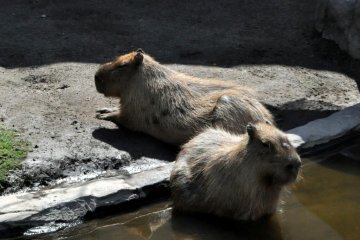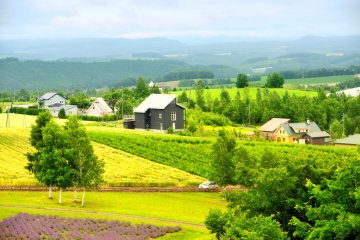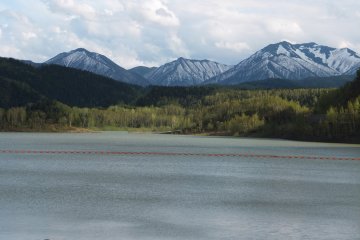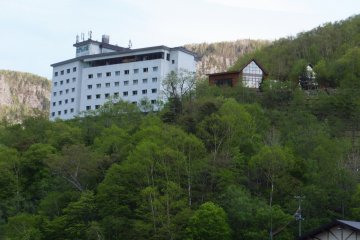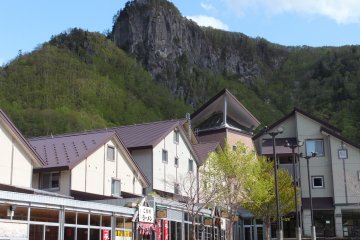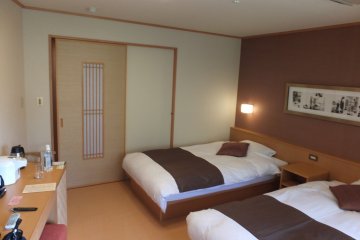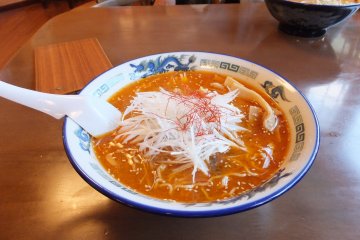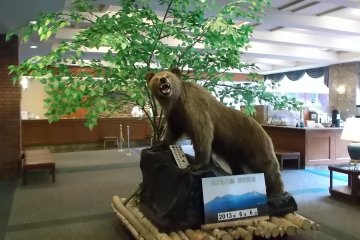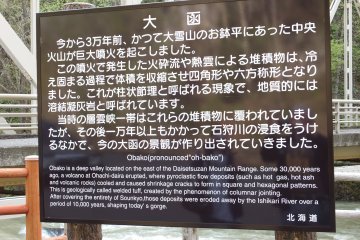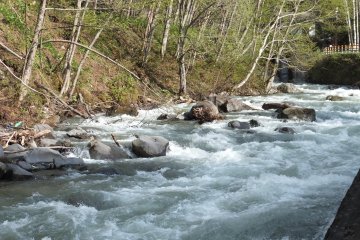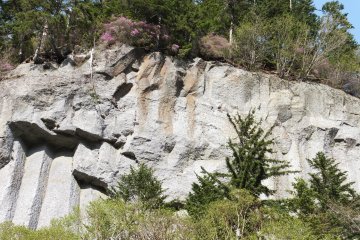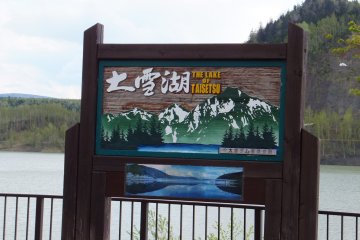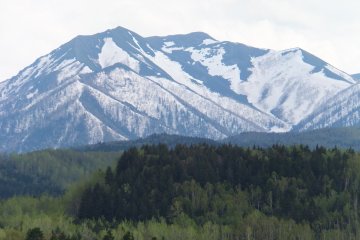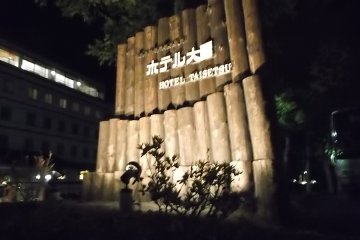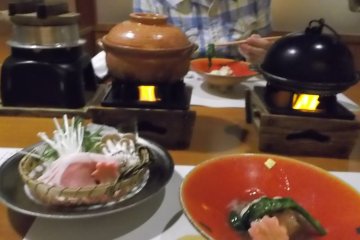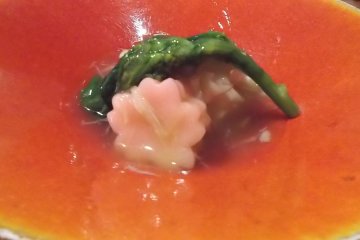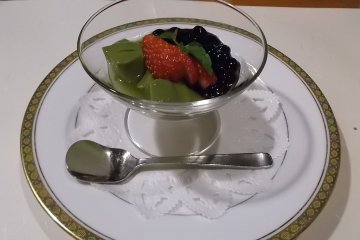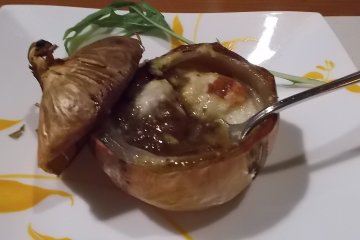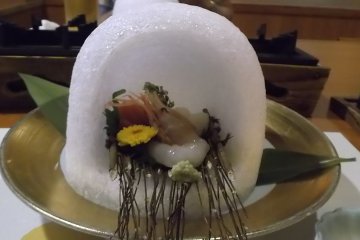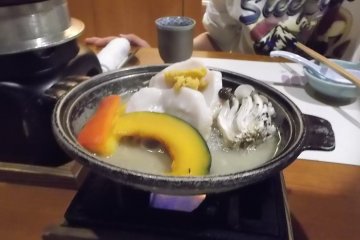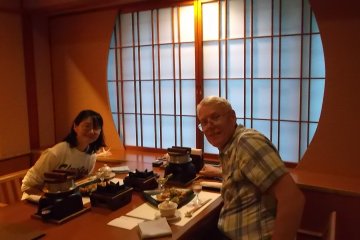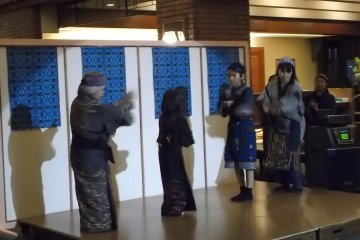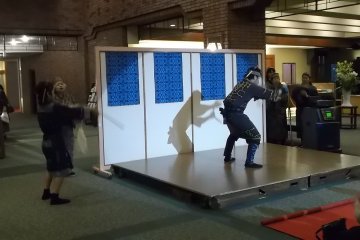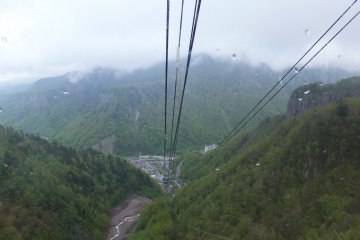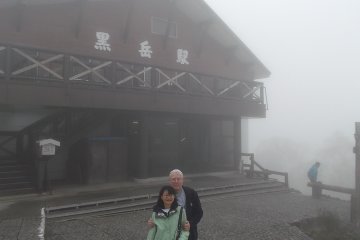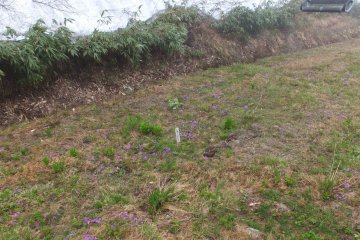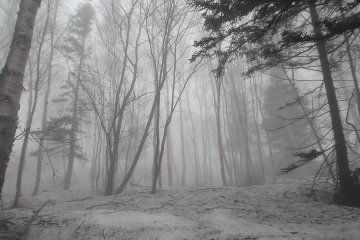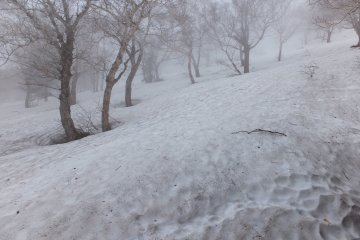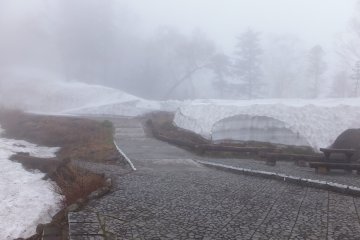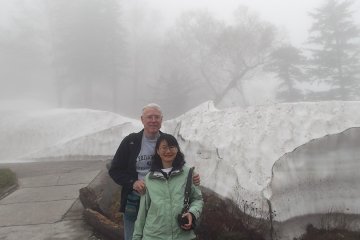The Japan Times reported on July 25th that the government is proposing a pilot project to attract more foreign visitors to Japan’s National Parks. They have chosen 8 of the 32 national parks for investments in infrastructure and services. Their goal is to increase foreign National Park visitors from the current 4.3 million to 10 million annually.
I have had the pleasure of hiking many of Japan’s National Parks from Okinawa to Hokkaido, and would love to visit them all.
In keeping with the cooling down theme from the summer heat, I would like to present Daisetsuzan National Park. The park is located in central Hokkaido and has an alpine atmosphere that includes many beautiful alpine flowers and rare animals.
Daisetsuzan Park is mainly made up of several active and inactive volcanoes. The 562,000 acres were designated a National Park in 1934.
We chose the Sounkyo area because Miwa wanted me to try a traditional Japanese onsen hotel and to do some hiking in the park.
To get to Sounkyo we took a two-hour bus ride from Asahikawa. It was early afternoon when we arrived and our first stop was the museum-like information center. We were starving and the information assistant recommended a ramen restaurant in the small village center. An excellent choice because I love spicy ramen and that was their specialty. With our stomachs now full we hiked up to Hotel Taisetsu, a traditional Japanese ryokan. I have to explain that places like this are not cheap, but when you visit Japan if you want to get the full cultural experience, a few nights are well worth the price. A couple of the reasons why they are expensive is that a traditional multiple course meal is included, as well as an attendant assigned to take care of your every need.
Upon check-in, a lady dressed in traditional costume led us to our room and performed a welcoming Japanese ritual of pouring hot tea. Then she sat on the floor explained all the hotel amenities and what would transpire during our one and half hour Japanese dinner.
Miwa was very familiar with this particular hotel because she stayed here during the 80’s while a member of the Japanese ski team. The hotel also offers access to several onsen (hot springs) included in the price.
Once our luggage was stowed, we ordered a taxi for $20 to give us a tour of the National Park. Our driver was very enthusiastic and stopped at many places that were not on the agenda. We visited Ryusei and Ginga Falls (Male & Female Falls), Lake Taisetsu, Black and Red Mountains, and Obako canyon. It was breathtaking and the driver’s commentary made it even more special.
Prior to dinner, Miwa experienced the hot springs. When I first came to Japan, I was a little uncomfortable with going in totally nude, but today I have no problem with it. There are onsen in every prefecture of Japan and it is a must especially if this is your first visit to our country. Keep in mind that the men and women do go into separate areas. There are some rules and protocol when using an onsen. Always shower with soap before entry, ease yourself into the water, never splash or dive, and place your towel on your head and do not wash or wring out the towel while in the onsen. If you follow these easy steps then you are in for a great relaxing time.
At 7 p.m. we were seated in a private room for our traditional dinner. The same lady that welcomed us in our room was also our server. It was really a special time, the service and servings were a work of art. Check out the pictures to gain a perspective on the type of food that was served. Although I cannot name most of the items that I ate, it was a very enjoyable experience.
After dinner we walked through the lobby and discovered an Ainu ceremony. The Ainu were the original inhabitants of Hokkaido and their traditional ceremony called the Fukuro Owl Ritual is a folk dance that has been handed down through the centuries.
In the morning, we had an outstanding breakfast buffet before heading over to the Mt. Kurodake Ropeway. Everything was clear and fine until we reached station five where they handed out heavy rain gear. By the time we reached Station 7 at 1520 meters or 4987 feet the trails were covered with 10 plus feet of snow. Our original goal was to hike to the top at 1984 meters or 6509 feet. The fog was so thick and we could barely get out of the way of several skiers. After a short stroll in the snow, we called it a day and headed back down.
When we reached Station 5 we met a couple from the Nagasaki area. As soon as we exchanged greetings we knew that they were a kindred spirit. We took some pictures and exchanged e-mail addresses. Today they are close friends and we visit each other often.
Almost all the National Parks are individually unique with some designated as World Heritage, Natural Heritage, and Cultural Heritage sites. If you love the outdoors and nature make sure you visit several of Japan’s National Parks.
The National Parks web site has plenty of good information for choosing those that fit into your schedule.



